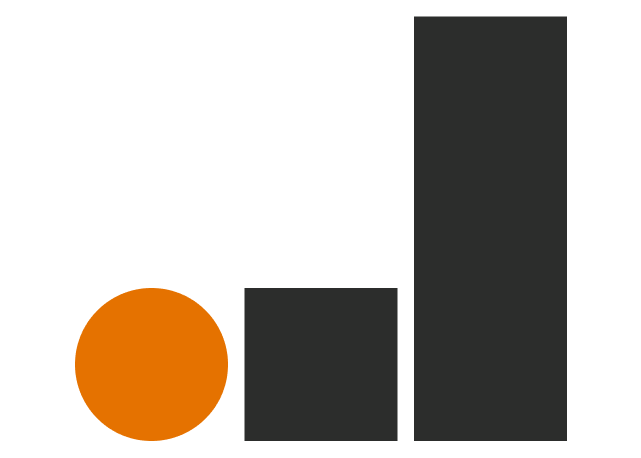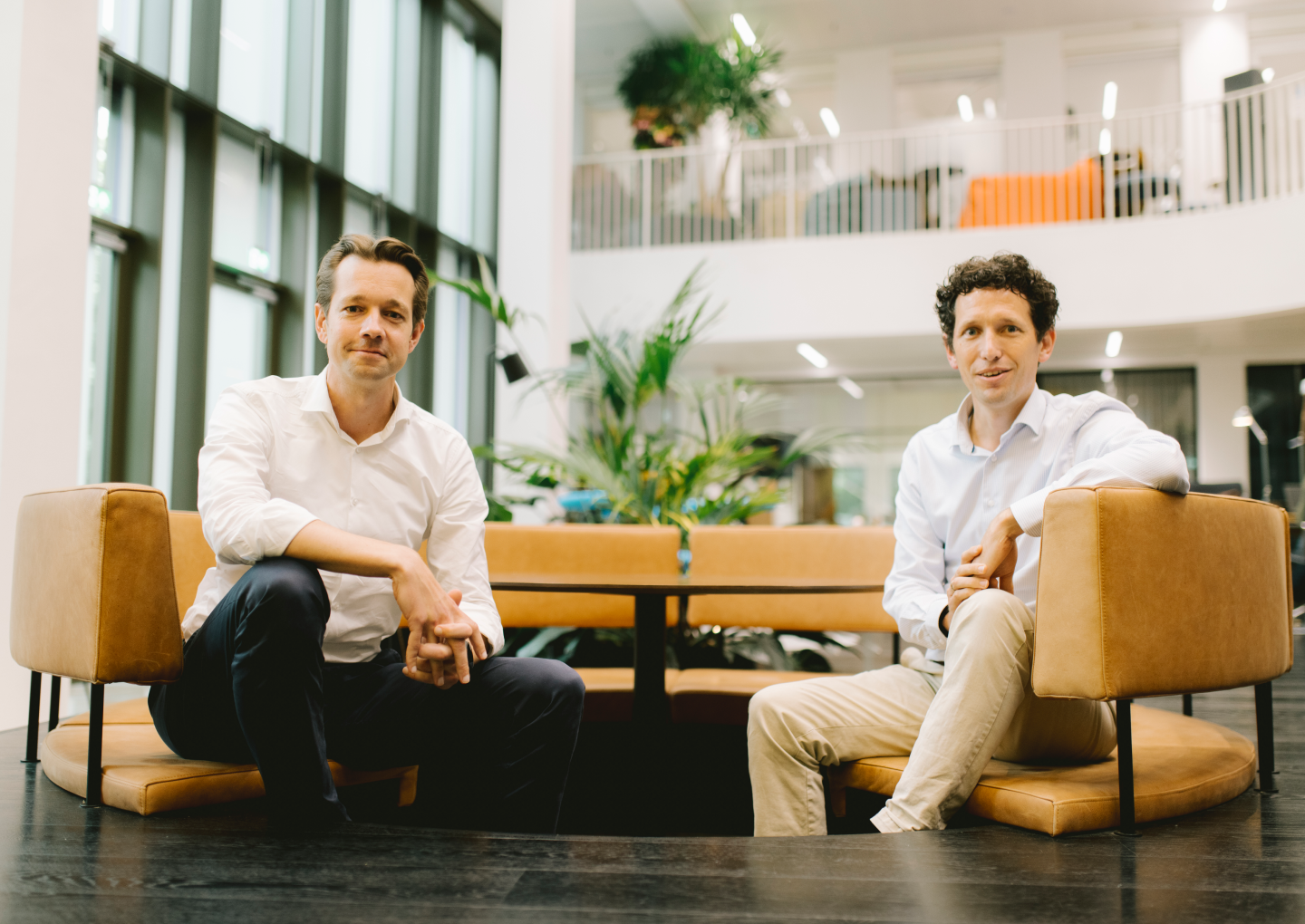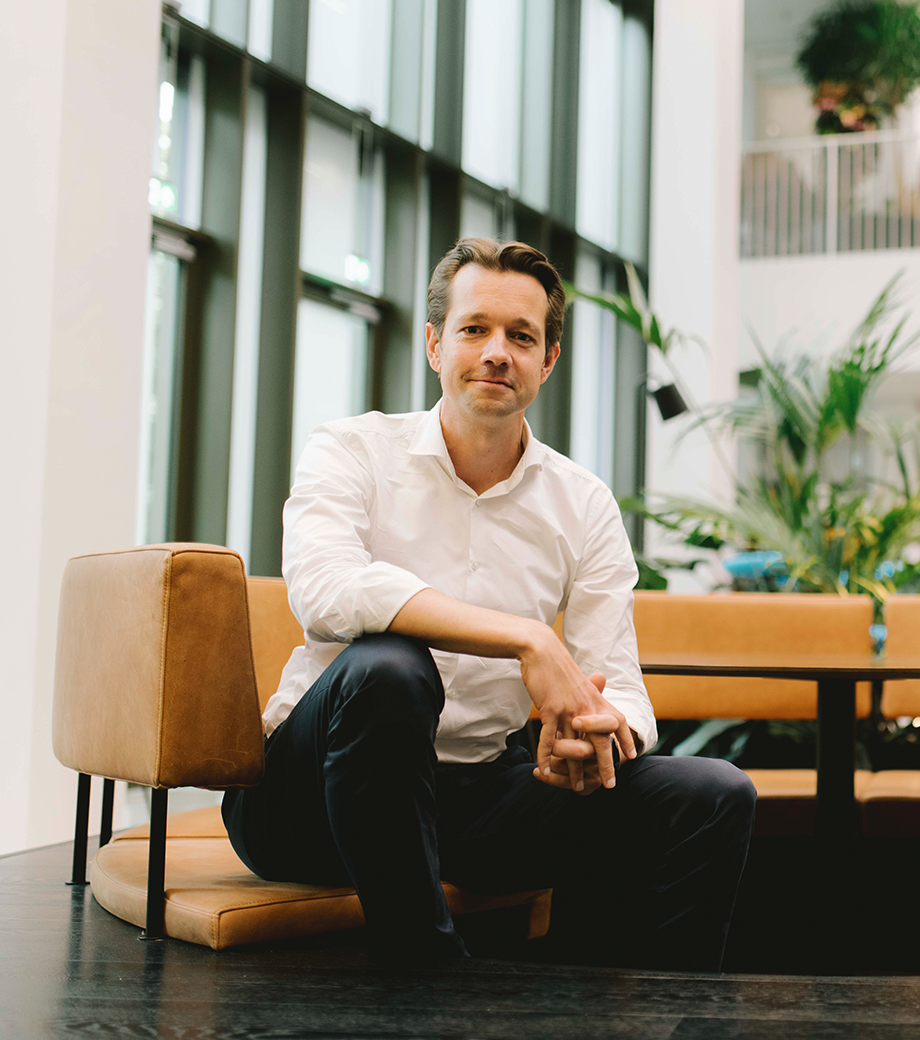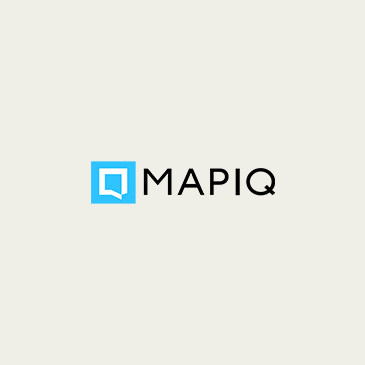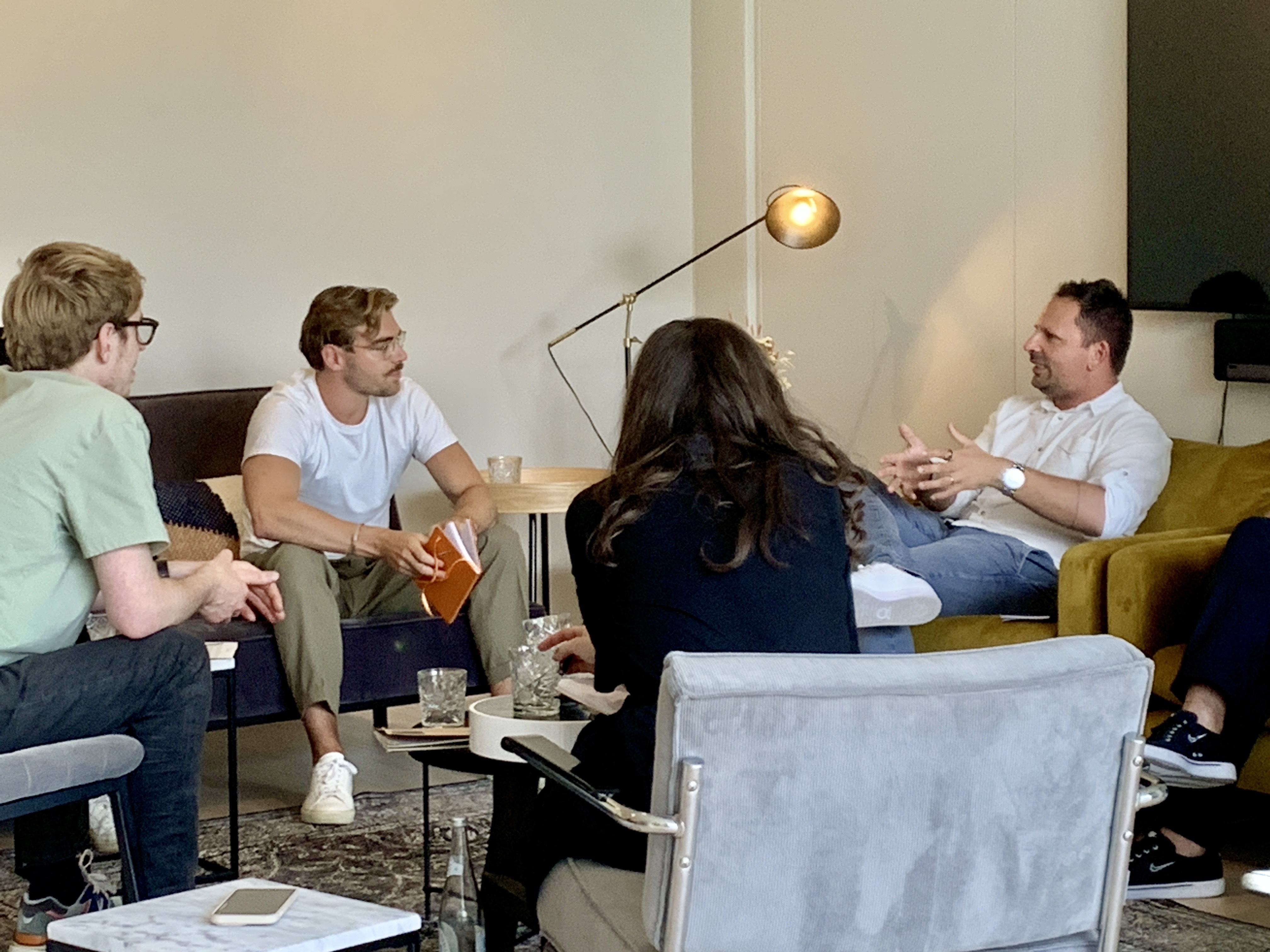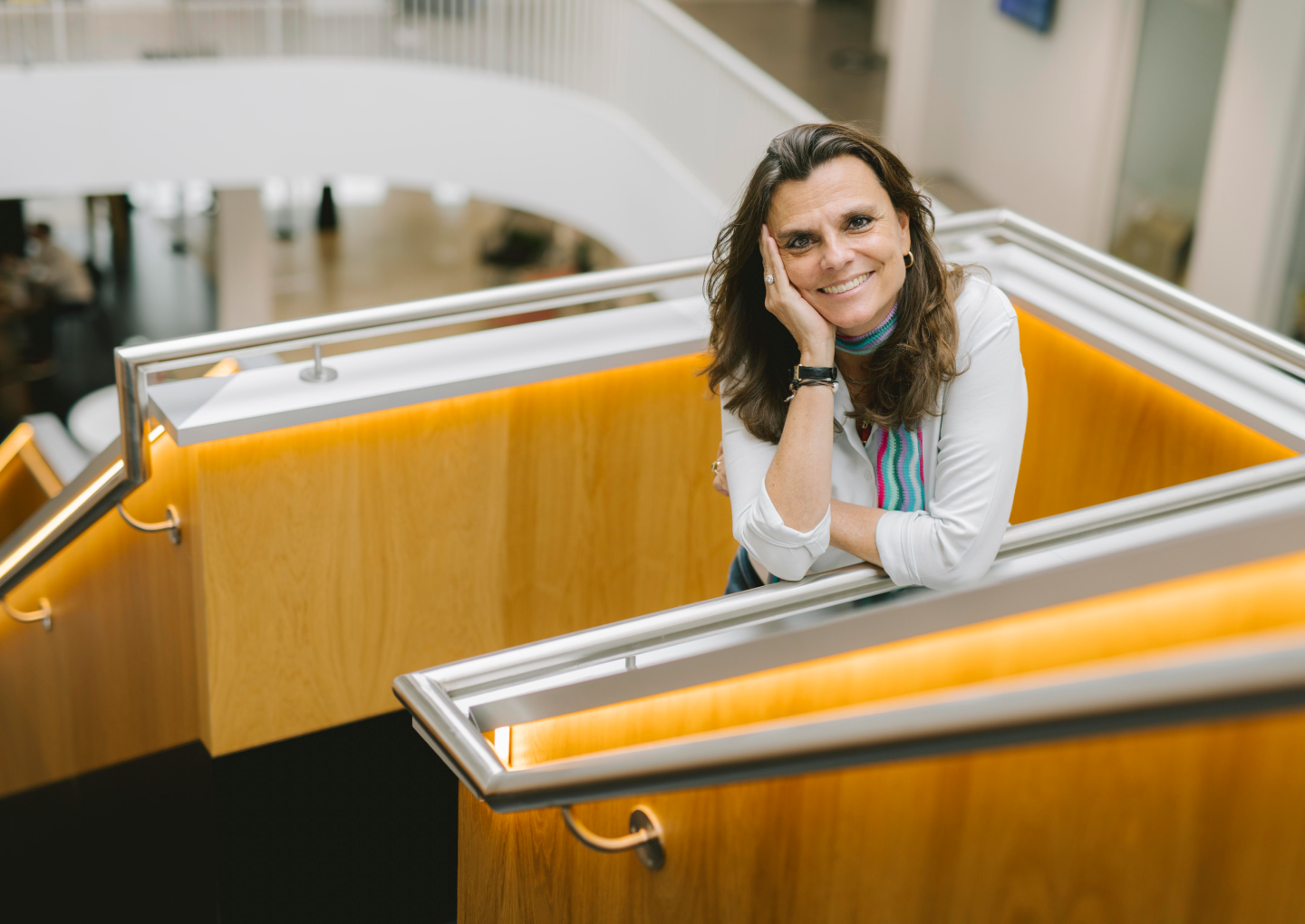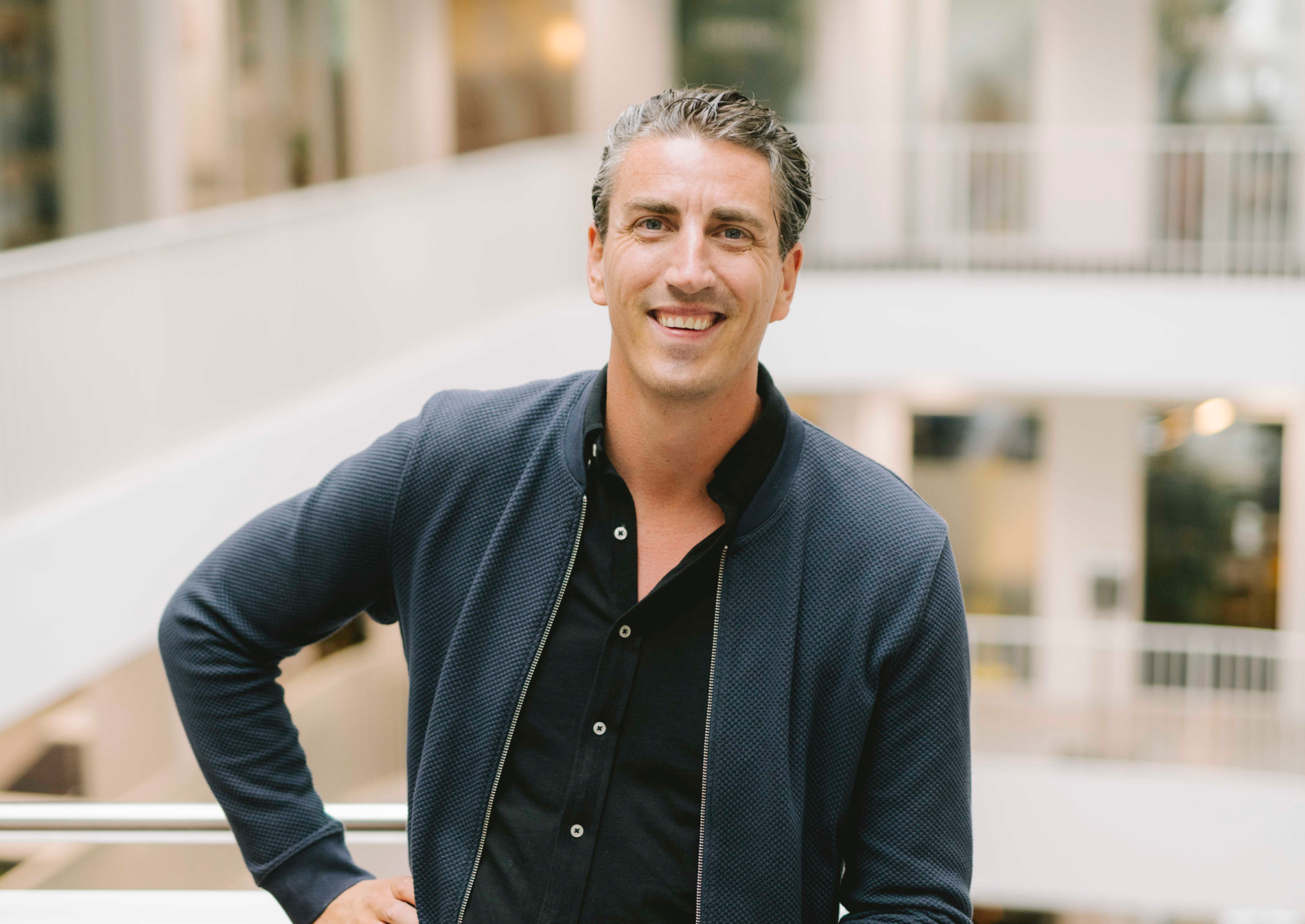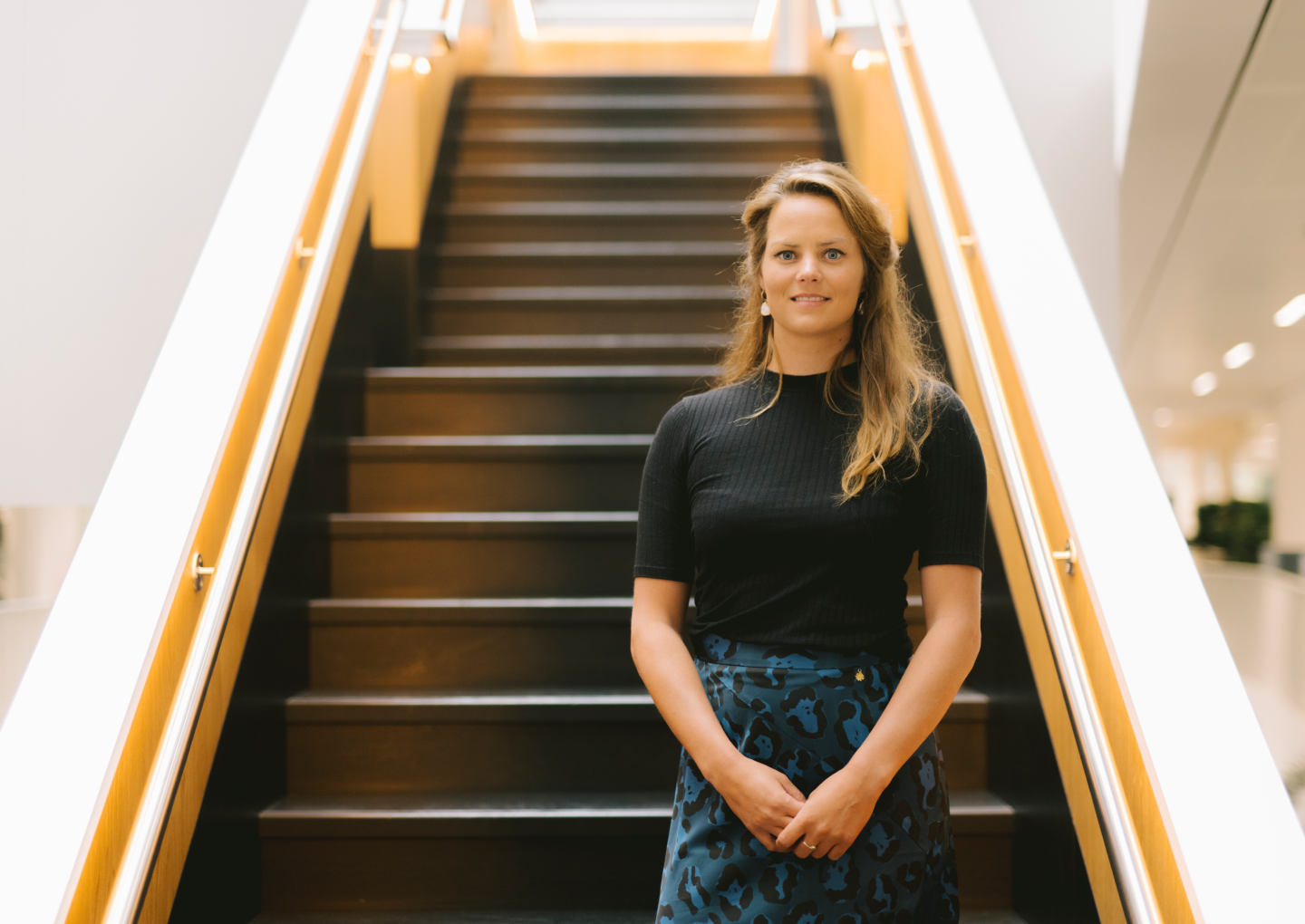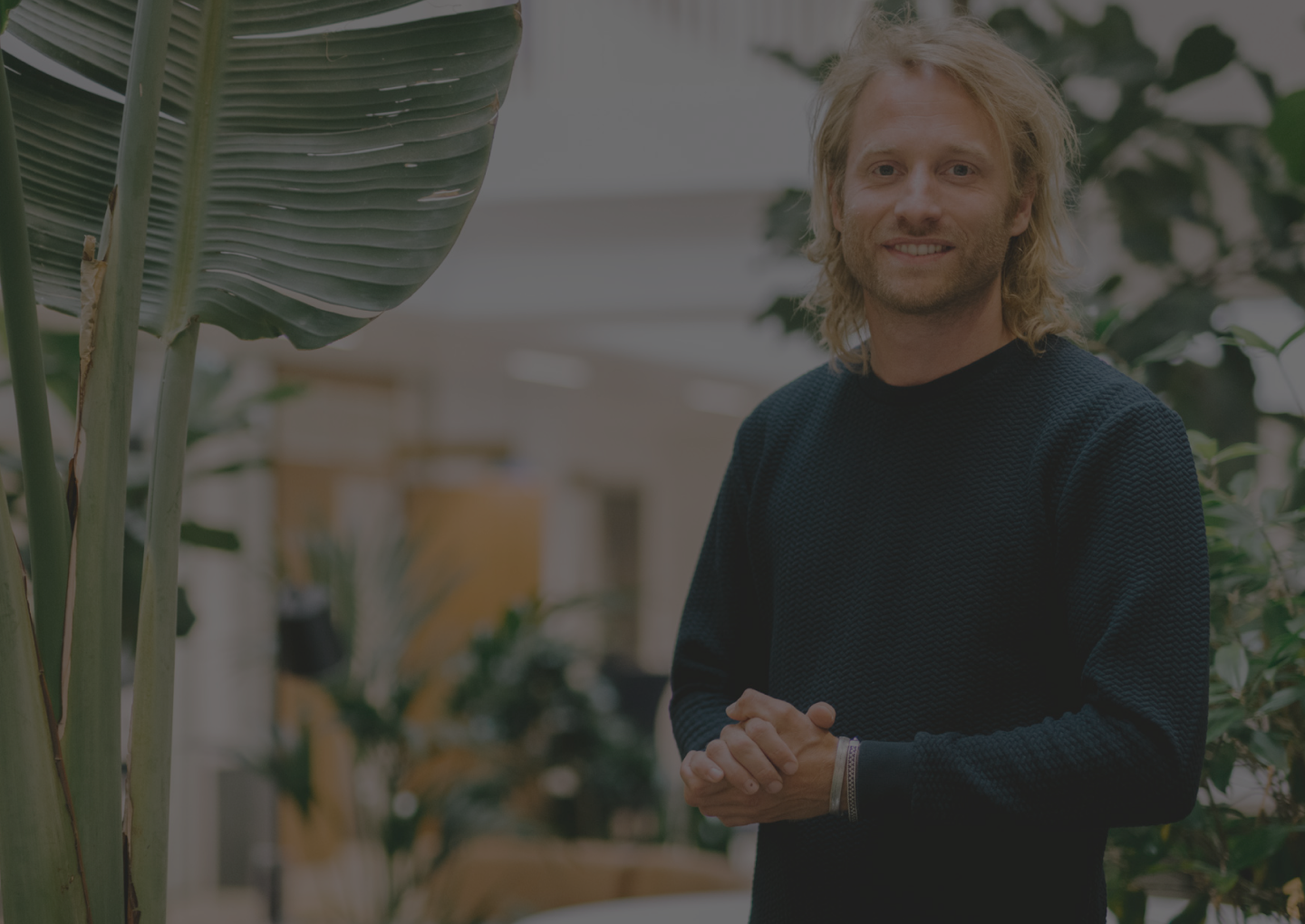‘As an entrepreneur, it's key to be inspired and make your own story from that,’ he adds. ‘I try to gather as much input as I can – I read a lot, I talk to other entrepreneurs, exchange ideas – and then we make a decision and see how it goes. You have to make it your own decision, but for sure, it’s been incredibly helpful being part of the Rise Program and having the input of other inspirational entrepreneurs.’
The most recent challenge, though, has been one they’ve all shared; Covid-19 has affected every business differently, but Mapiq has been in the unique position of being able to help their clients create safer work environments. ‘It was pretty tough at first,’ Sander admits. ‘We make software solutions for offices, but all the offices were closed and a lot of clients asked us to suspend their subscriptions. Plus, a lot of our leads on new business came from big commercial events, which were all cancelled.
‘But then, something happened that I’m incredibly proud of. We opened a dialogue with our customers to find out what problems they were facing and what we could do to help, and in 6 weeks we built 3 new products, all designed to help people return to the office safely.’ Mapiq’s new solutions include socially-distanced floor plans, an app for employees to book their shifts at the office and a live building occupancy display, so they also can find the least occupied areas to work. Mapiq has already sold these new products to over 100 clients, but for Sander, this isn’t just about the sales – Mapiq can make a difference and support people by helping them return to work safely.
‘We were very focused on smart offices, to begin with, but now it’s about the people,’ he says. ‘We want to make sure that employees feel safe when they go to work.’ That change in focus and the immediate hurdles of the Covid-19 crisis just go to show the importance of flexibility and a solid foundation when building a company. ‘It’s a marathon, not a sprint,’ he says in closing. ‘It’s about the long run. We have grown from a team of 5 generalists to a team of 60 specialists, but there was never one big change. You really have to think ahead and envision what the organisation will look like in 5 years' time. That’s something I think is missing in a lot of startups – they think they can rocket in a few months or a few years and then figure things out. Building a company may take time, but you’ll be stronger for the journey.’
